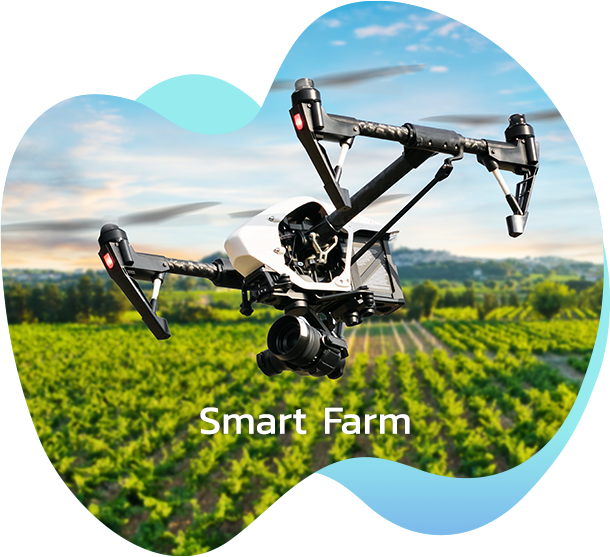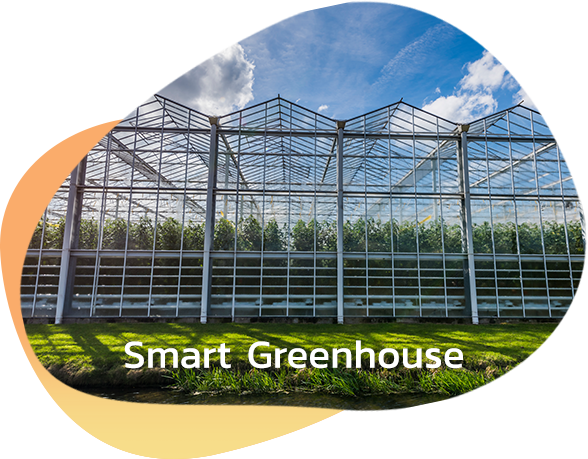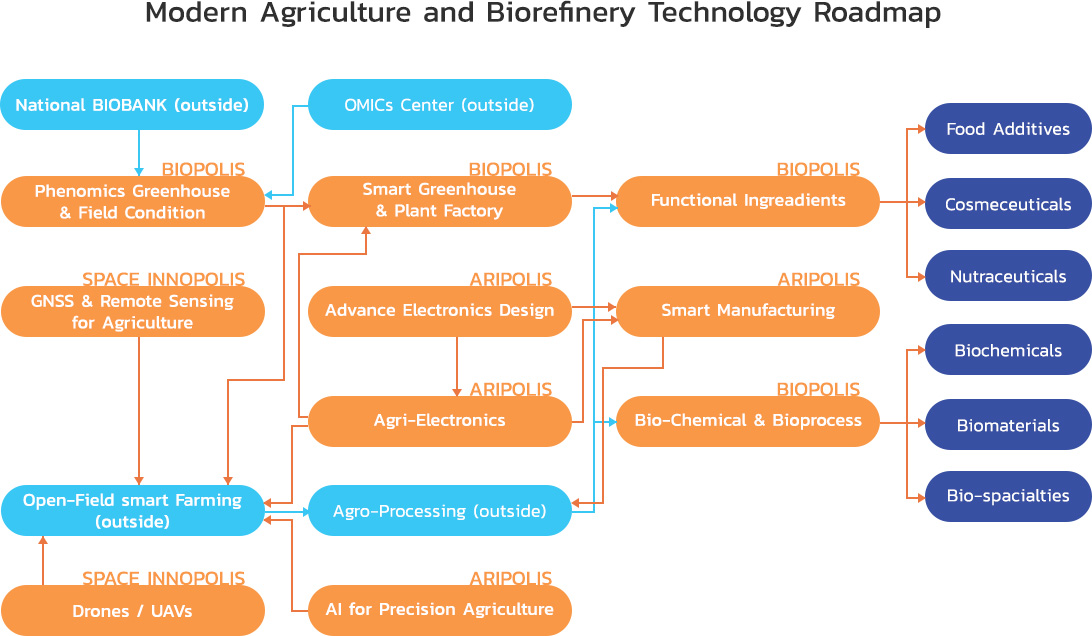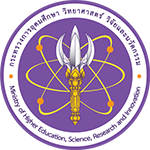Target Industries
Modern Agriculture
The agricultural has long been a backbone of Thai economy and social. More than 12 million labors are in the agricultural sector, account for 31% of total workforce of the country, cover about 6.8 million households (National Statistical Office, 2018). However, when looking at GDP, the agricultural sector contributes only 8.7% (in 2017) and tend to decrease over the past 10 years. The agricultural sector has been facing new challenges and difficulties including limited agricultural resources, climate change, outbreak of harmful plant diseases/agricultural pests, relatively low yield per rai, as well as the change in social context like the aging society that resulted in reducing number of agricultural workforce, or change in the consumer behavior preference toward environmental friendly farming that urge trends of sustainable agriculture, use resources wisely, reduce the use of chemicals, and environmental reserves.

Trend of Thailand agricultural sector is moving toward value-added and sustainability through technology and innovation. This will result on improve in productivity to serve the increased demand, balancing relations of increasing productivity and effectively and efficiently use of resources, reduce greenhouse gas emissions, and ability to anticipate the growing challenges due to the climate change. Megatrend technology like biotechnology, genome technology, digital technology, robotic and sensing technology, and big data system will take major role to transform the traditional farming toward modern farming that are more effective and more value throughout the product chain. It also effects the change in business model and approach, product development, agricultural service with more intense technology and innovation start from breeding, planting, farming, processing, and marketing.
Some of the disrupt technology and innovation such as Phenomics Technology that characterize the crop performance through integration of image analysis, digital technology, and automation. Phenomics offers a suite of new technologies to monitor plant function in response to different environmental conditions or under the controlled conditions like greenhouse. This helps to reduce time, space, cost, and waste as the sampling are employing non-invasive methods. Most importantly, this technology is conduct under the experimental conditions that closed to the actual planting condition which is the key success to shorten time while increase accuracy of the transgenic plant, and to fast acquire the dominant trail to cope with the growing needs of the markets and farmers.

Another sample is the Precision Agriculture technology, which will transform the traditional agricultural-related or farming-related decisions (such as breed selection, watering, fertilization, nutrition, etc.) that used to base on instinct or using trial-and-error method. This is achieved by using the big data gathered by this technology (for example sensor, UAV, drone, satellite, data management, and data analytic) to guide farming decisions on everything from when it’s best to plant/feed, to when it’s best to apply chemical, fertilizer or water, to root cause analysis. The precision agriculture also applies to use in closed systems agriculture or called “Smart Farming” where farming management concept using embedded computer application, automatic or semi-automatic, to control water, nutrition, and light. More advance technology is the Plant Factory, which is a closed growing facility utilizes artificial control of light, temperature, moisture, and carbon dioxide concentrations. Those plants that suit for this technology are the economic plants that cannot grow in Thailand’s environment, herbal extraction plant, and so forth.










